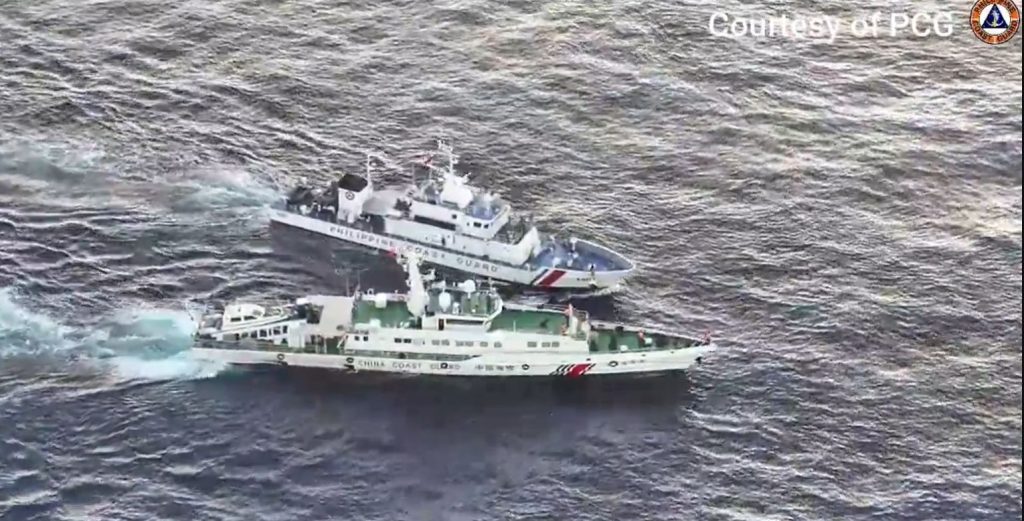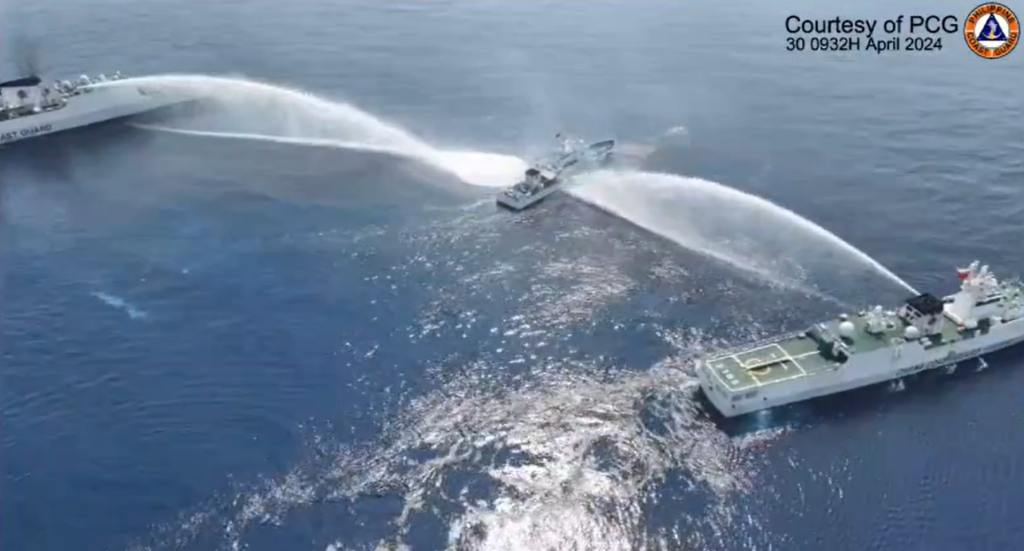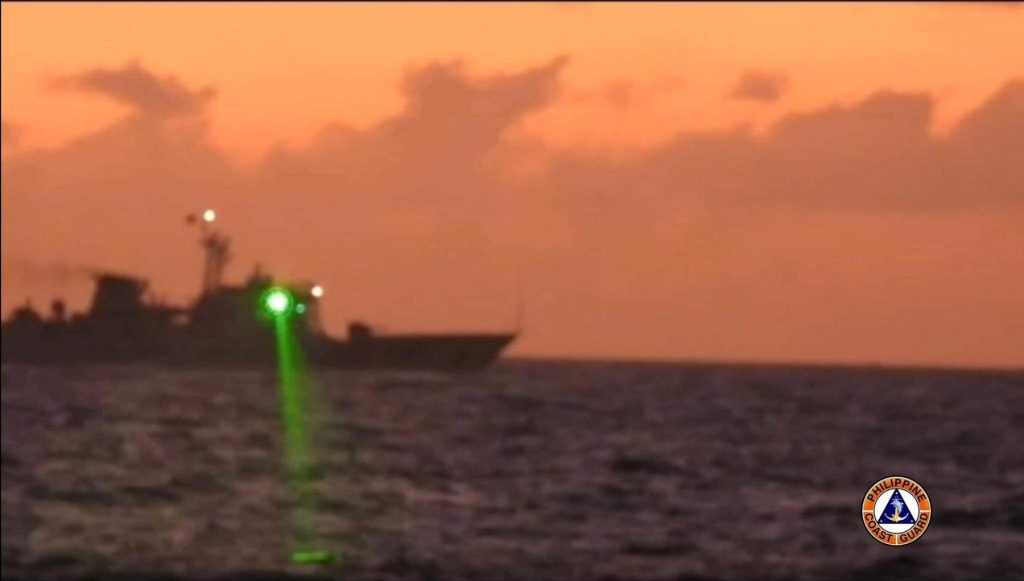
By Joyce Ann Rocamora | Philippine News Agency
The 2016 Arbitral Award on the South China Sea is binding to both the Philippines and China, several foreign governments said on Saturday, July 12, as they threw their support behind the landmark decision on its 9th anniversary.
The foreign ministries of Japan, Canada, Australia, and New Zealand underscored that the ruling was final and provided a foundation for the peaceful resolution of disputes at sea.
“The Tribunal’s award is final and legally binding on the parties to the dispute, the Philippines and China, under the provisions of the United Nations Convention on the Law of the Sea (UNCLOS),” Japan’s Ministry of Foreign Affairs said in a statement.
The ministry said China’s rejection of the award is “against the principle of peaceful settlement of disputes” and “undermines the rule of law in the international community.”
“Japan reaffirms that there is no legal basis for China’s expansive maritime claims in the South China Sea and strongly hopes that the parties to the dispute, who are also State Parties to UNCLOS, will comply with the award and it will lead to the peaceful settlement of disputes in the South China Sea,” it said.
Japan, it added, would work with the international community, such as the Association of Southeast Asian Nations (ASEAN) Member States and the United States, to “maintain and strengthen the free and open international order based on the rule of law.”

‘Unwavering’ commitment
Meanwhile, Global Affairs Canada said Ottawa is “unwavering” in its commitment to maintaining a free and open Indo-Pacific.
“Canada reiterates that this July 12, 2016, decision is legally binding on the parties and provides a foundation for the peaceful resolution of competing maritime claims in the region, consistent with international law,” it said.
The Canadian foreign affairs department then criticized China’s “coercive and dangerous actions” against Philippine and Vietnamese vessels, including the use of water cannons, dangerous maneuvers, ramming, forcible towing, and the unlawful boarding of vessels.
These actions, it said, not only endanger the safety of seafarers but also “seriously degrade regional peace and security.”
“Canada continues to call on China to abide by the tribunal’s decision and cease all actions that escalate tensions and threaten maritime safety,” it said.

Shared prosperity
The Australian Department of Foreign Affairs and Trade emphasized that parties are obliged to abide by the ruling, which it described as “unanimous, clear, and binding.”
“Regardless of their size, all states that have ratified UNCLOS have committed to uphold its freedoms, rights, and obligations. This includes its compulsory dispute settlement procedures,” it said.
“The rule of law and good international citizenship mean states cannot simply choose whether or not to abide by rulings they dislike. The Arbitral Tribunal’s 12 July 2016 findings are final and binding on the Philippines and China.”
Australia, it said, would continue to call on parties to comply with this decision, and for disputes to be resolved peacefully in accordance with international law.
“We will continue to do so because adherence to international law is essential for shared prosperity and a stable and peaceful region,” it added.
New Zealand’s Ministry of Foreign Affairs and Trade echoed a similar position and conveyed its sustained backing to the decision.
“On the 9th anniversary of the Arbitral Award, New Zealand calls on the parties to respect the ruling on maritime rights in the South China Sea as final and binding,” it said.
“Peaceful resolution of disputes in accordance with UNCLOS—the Constitution for the Oceans—is fundamental to regional stability,” it added.
The foreign missions in Manila of Germany, South Korea, France, the United Kingdom, the European Union, and the Netherlands issued similar statements of support in public and on their separate social media accounts. (PNA)
